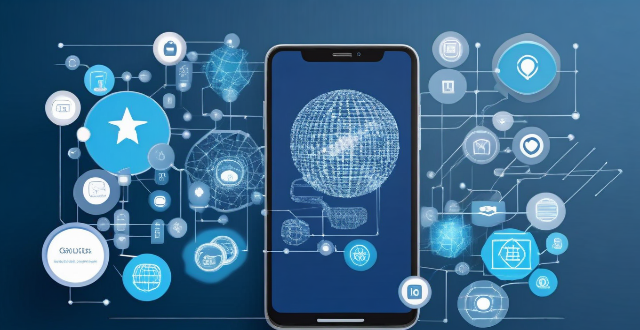Encrypting your phone's data is crucial for security and privacy, protecting sensitive information from unauthorized access, complying with legal requirements, and providing peace of mind. Best practices include enabling device encryption, using strong passwords and biometrics, and regularly backing up data.

Is Encrypting My Phone's Data Necessary for Security?
Encrypting your phone's data is a crucial step in ensuring the security and privacy of your personal information. In this response, we will explore the reasons why encrypting your phone's data is necessary for security and discuss some best practices for doing so.
Why is Encrypting Your Phone's Data Necessary?
Protection from Unauthorized Access
- Sensitive Information: Your phone contains a wealth of sensitive information, including contacts, photos, messages, and possibly even financial data. If your phone falls into the wrong hands, unauthorized access to this information could have serious consequences.
- Data Breaches: In the event of a data breach or hacking attempt, encrypted data is much more difficult for attackers to access and exploit. This can help protect your personal information from being stolen or misused.
Compliance with Legal Requirements
- Regulatory Compliance: Depending on your industry or location, there may be legal requirements for data protection and privacy that necessitate the encryption of your phone's data.
- Corporate Policies: If you use your phone for work purposes, your employer may require that you encrypt your device to comply with their data protection policies.
Peace of Mind
- Personal Privacy: Encrypting your phone's data provides an added layer of protection for your personal privacy, giving you peace of mind knowing that your sensitive information is secure.
- Reduced Risk of Identity Theft: By encrypting your phone's data, you reduce the risk of identity theft and other forms of fraud that can result from unauthorized access to your personal information.
Best Practices for Encrypting Your Phone's Data
Enable Device Encryption
- Android Devices: Most modern Android devices come with device encryption enabled by default. However, it's always a good idea to check and ensure that encryption is turned on in your device settings.
- iOS Devices: iPhones running iOS 8 or later have encryption enabled by default. There is no need to manually enable encryption on these devices.
Use Strong Passwords and Biometrics
- Complex Passwords: Use strong, complex passwords to lock your phone and protect your encrypted data. Avoid using easily guessable passwords like "1234" or "password."
- Biometric Authentication: Take advantage of biometric authentication options like fingerprint scanning or facial recognition to add an extra layer of security to your device.
Regularly Back Up Your Data
- Cloud Backups: Regularly back up your data to a secure cloud service to ensure that you can recover your information if your phone is lost or damaged.
- Local Backups: Consider making local backups of your data as well, either by syncing with a computer or using an external storage device.
In conclusion, encrypting your phone's data is a necessary step in ensuring the security and privacy of your personal information. By following best practices for enabling device encryption, using strong passwords and biometrics, and regularly backing up your data, you can significantly reduce the risk of unauthorized access and potential consequences.